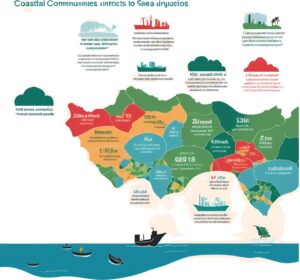Bangladesh gained its independence in 1971, along with attaining its sovereignty, while its real practices are being questioned within the neocolonial mechanism. Drawing on postcolonial theory and historical analysis, this study examines the country’s transition from colonial rule to formal independence, investigating how external political, economic, and cultural forces continue to shape national policies and local realities. This study adopted a multi-method approach employing archival research and key informant interviews with key politicians and historians. The research reveals that sovereignty in the neocolonial context is often controlled by the neighbouring, i.e., relatively powerful, state and also constrained by conditions imposed by global financial institutions, development agencies, and multinational corporations.
The results exposed the paradox of having an officially autonomous country struggling against a variety of soft and often subtle forms of foreign rule, tying in with the more recent notion that sovereignty is neither solely territorial nor legal in nature.
These external actors drive national governments into debt dependence, provide strategic aid with strings attached, exploit trade imbalances, and as a result greatly curtail national governments from making independent policy decisions or exercising full autonomy. Moreover, the cultural facets of neocolonialism—operating through global media, education systems, and consumer culture—help to maintain asymmetrical power relations and revive dependency. For the case of Bangladesh, the result more specifically addresses the role and influence of India on national issues, planning, economic relationships, and even the formation of government. This study addressed the mechanism of neocolonialism in developing countries, especially in Bangladesh, while exerting a series of focusing areas to foster genuine autonomy and sustainable development, ultimately contributing to a more nuanced understanding of postcolonial nationhood.



